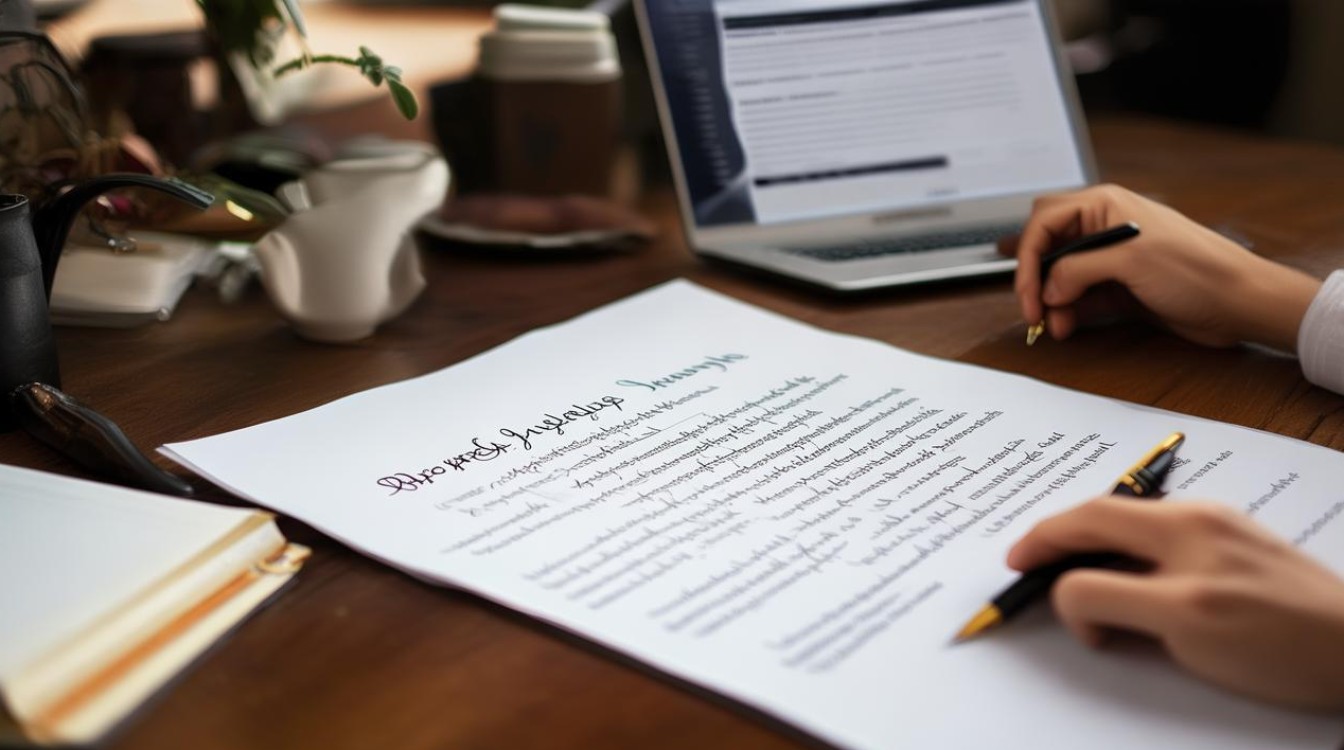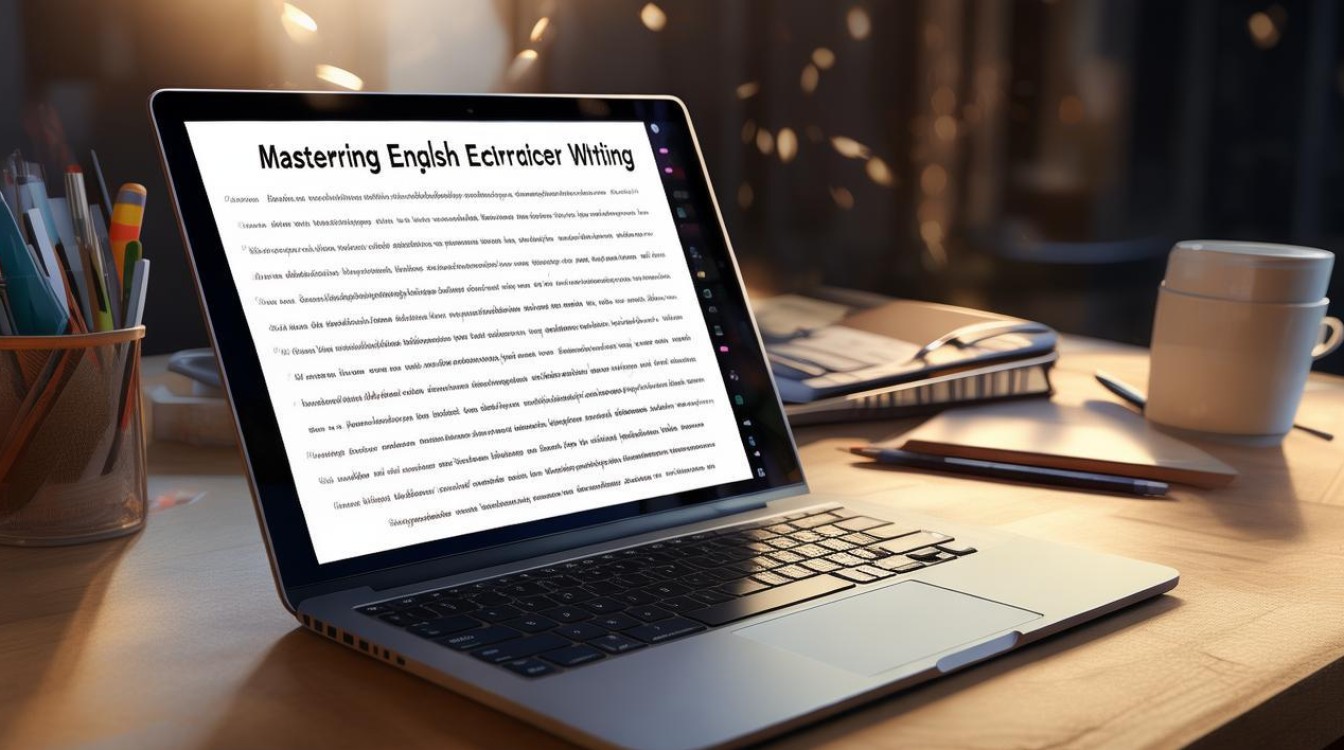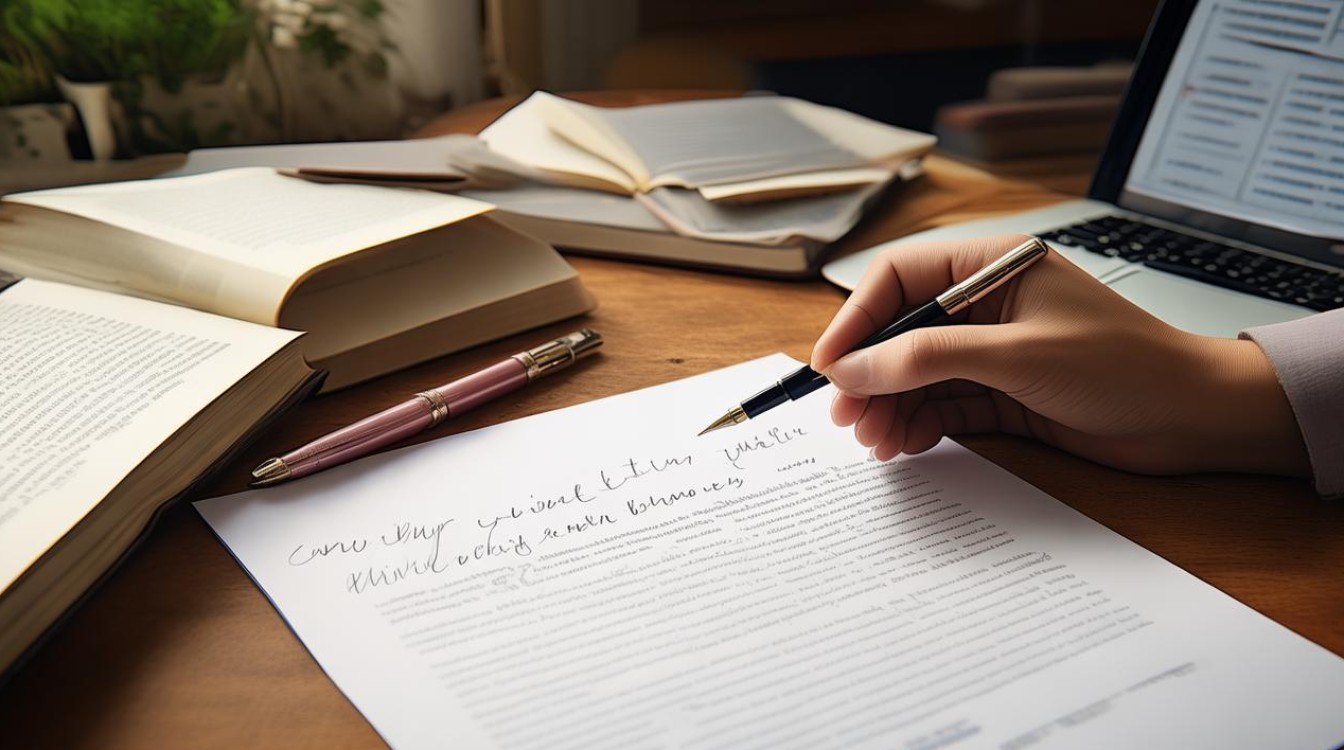Writing a compelling application letter in English requires clarity, professionalism, and persuasive language. Whether applying for a job, scholarship, or university admission, the right sentence structures can make a strong impression. Below are essential sentence patterns categorized by purpose, along with practical examples to enhance your writing.

Opening the Letter (Introduction)
A strong introduction sets the tone. Clearly state your purpose and briefly introduce yourself.
-
Formal Introduction:
- "I am writing to express my interest in the [position/program] at [company/institution]."
- "With great enthusiasm, I apply for the [job/scholarship] advertised on [website/newspaper]."
-
Referral Mention (if applicable):
- "I was referred to this opportunity by [name], who spoke highly of [company/university]."
-
Self-Introduction (for unsolicited applications):
- "As a recent graduate in [field], I am eager to contribute my skills to [organization]."
Highlighting Qualifications & Experience
This section demonstrates why you are the best candidate. Use action verbs and quantifiable achievements.
-
Academic Background:

- "I hold a [degree] in [field] from [university], where I specialized in [subject]."
- "My academic performance, including a GPA of [X], reflects my dedication to [field]."
-
Professional Experience:
- "During my tenure at [company], I successfully [achievement], resulting in [quantifiable outcome]."
- "My role as [position] equipped me with expertise in [skill], which aligns with your requirements."
-
Skills & Strengths:
- "Proficient in [software/language], I am confident in my ability to [task]."
- "My strengths in [skill] and [skill] make me a strong candidate for this role."
Expressing Motivation & Fit
Show genuine interest in the organization and explain why you are a good match.
-
Alignment with Values/Goals:
- "I am particularly drawn to [company’s] commitment to [value], as it resonates with my professional philosophy."
- "Your emphasis on [initiative] aligns with my passion for [related interest]."
-
Career Aspirations:
- "Joining [organization] would allow me to further develop my expertise in [field] while contributing to [goal]."
- "This opportunity represents the next step in my career, as I aim to [long-term goal]."
Addressing Potential Concerns
If you have gaps or unique circumstances, address them proactively.

-
Career Breaks:
- "During my time away from [industry], I pursued [relevant activity], which strengthened my [skill]."
-
Changing Fields:
- "While my background is in [field], my experience in [transferable skill] makes me well-suited for this role."
Closing the Letter (Call to Action)
End with confidence and a clear next step.
-
Polite Request for Consideration:
- "I would welcome the opportunity to discuss how my skills can benefit [organization]."
- "Thank you for your time and consideration. I look forward to the possibility of an interview."
-
Contact Information:
- "I am available at [phone] or [email] to schedule a conversation at your convenience."
Common Mistakes to Avoid
-
Overly Generic Phrases:

- Weak: "I am a hard worker."
- Stronger: "My ability to [specific skill] led to a [measurable result]."
-
Excessive Length: Keep sentences concise; avoid unnecessary jargon.
-
Neglecting Customization: Always tailor the letter to the specific role or program.
By mastering these sentence patterns, you can craft a persuasive and professional application letter. A well-structured letter not only showcases your qualifications but also reflects your communication skills—an asset in any field.
For further refinement, consider reviewing sample letters or seeking feedback from a mentor. The effort invested in a strong application can significantly impact your opportunities.

